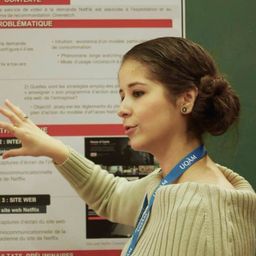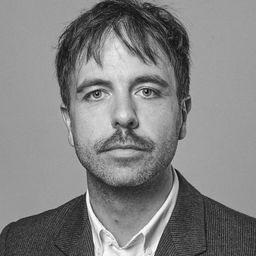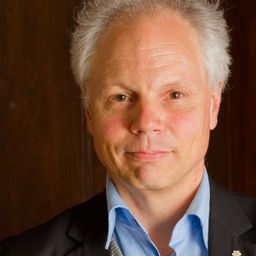
Gabrielle Silva Mota Drumond
Sessions auxquelles Gabrielle Silva Mota Drumond assiste
Vendredi 3 Juin, 2016
Qu’est-ce que le patrimoine change à Montréal? Qu’est-ce que Montréal change au patrimoine? Ce débat vise à mettre en discussion l'évolution et le devenir du patrimoine dans la métropole du Québec en interrogeant les motifs de l'attachement (ou de l'indifférence) de la société civile et des décideurs, mais aussi en questionnant les moyens dont ils disposent pour agir sur le patrimoine. Au-delà de la fameuse "pierre grise" et des matériaux expressifs de l'identité historique de Montré...
Dimanche 5 Juin, 2016
Le patrimoine, ça change quoi ? Ou plutôt, qu'est-ce que c'est ? Et pour qui ? Ces questions sont à l'origine de cette exposition conçue par les étudiants à la maîtrise en muséologie UQAM-UdeM. L'opinion de la communauté uqamienne y est confrontée à des citations de chercheurs, avec comme résultat une mise en perspective originale du discours sur le patrimoine. __ How is heritage important? Or rather, what is heritage? And for whom? Those questions are at the core of this e...
With regard to the main question of the 3rd ACHS Biennial Conference, "What does heritage change?" the convenors of this session propose ethnographic evidence of contradictory spheres of value by showing how encounters between official rhetorics of heritage and borderline/illegal ethics and objects produce social change. In particular, they explore, through an inclusive approach, the social and political constructions of heritage by questioning the aesthetic dichotomies of beauty/ugliness, pr...
"What does heritage change?" is a multifaceted question to which the answer(s) are in primary respects related to real-life negotiations among different groups of citizens, cultures, races, ethnic groups, sexual identities, and social classes about received, official and/or widely accepted or accomodated intangible attributes, cultural traditions, historic monuments, buildings, and other transmitted or revived historical legacies. Heritage designated by and for whom, for what motivations, an...
Lundi 6 Juin, 2016
(In English) Nowadays, Griffintown is under the spotlight due to an urban renewal plan which is transforming the landscape accordingly. Former working-class neighborhood, north of the Lachine Canal, the Irish community settled there as early as 1847 and started using it as a rallying point. Jonathan Cha, urbanologist, landscape architect and doctor in urban studies invites you to go back in time in order to discover the history of the neighborhood and its multiple transformations....
As Canada shifts from a resource-based economy to a knowledge-based economy, small communities that were established to service the primary sector are faced with a complex and unique set of challenges. They are communities built on a culture of hard work, resourcefulness, and creativity; their residents are now tasked with developing strategies to deal with a lack of employment, depopulation and resettlement. Small is premised on the notion that leveraging the rich cultur...
Creator/performer: Lisa Ndejuru, Concordia University. Soundscape and projections: David Ward, Concordia University. Theatrical Performance with Projected Photos Le petit coin intact is a bilingual (FR/EN) performed monologue with soundscape and projections. The title of this series of short vignettes refers to a core of wholeness and strength so often contained in even the most extreme narratives...
Mardi 7 Juin, 2016
(Guided visits to Two Exhibitions, Centre d’histoire de Montréal- bilingual) – The Centre d’histoire de Montréal presents Dans le Griff that takes visitors into the neighbourhood of Griffintown, as depicted through the lives and memories of the Mercier family. Their life stories will take us down the streets of an industrial sector that has undergone quite the metamorphosis. Griffintown is one of the oldest industrial and working-class neighbourhoods in Montreal. In the forefro...






